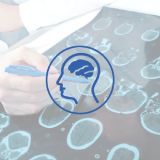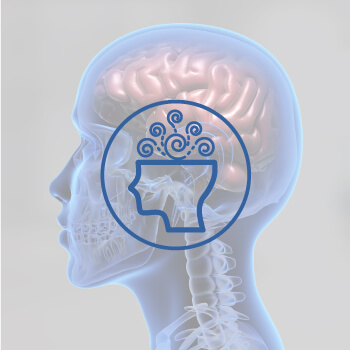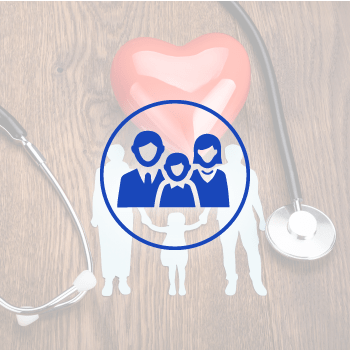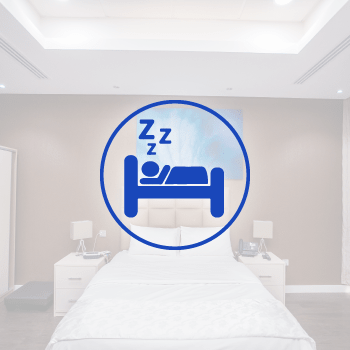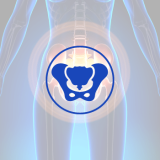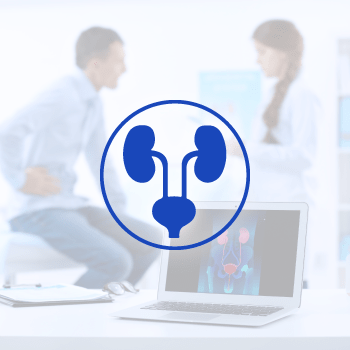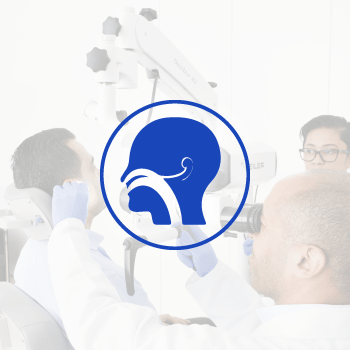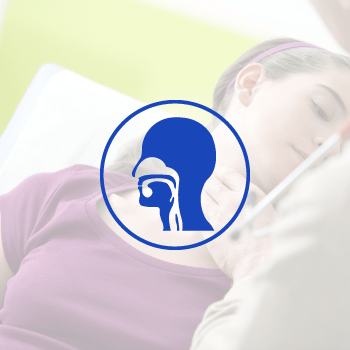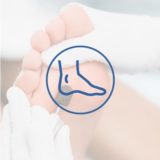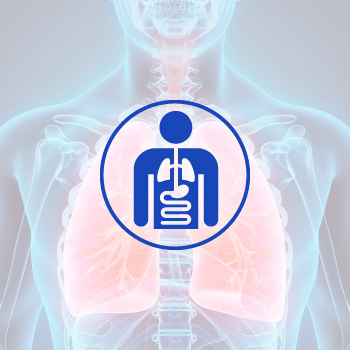AUTISM SPECTRUM DISORDER (ASD)
AUTISM
Autism, or Autism Spectrum Disorder (ASD), is a complex developmental condition that impacts how a person communicates, interacts socially, and perceives the world.
Autism Spectrum Disorder (ASD) is a neurological and developmental disorder that typically appears in early childhood. The spectrum nature of the disorder means that its impact varies significantly from one individual to another. Some people with autism may have intellectual disabilities, while others may excel in certain areas, such as mathematics, music, or art.
Key Characteristics:
- Social Communication Challenges: Difficulty with social cues, eye contact, and conversation.
- Repetitive Behaviors: Actions like hand-flapping or repeating phrases.
- Sensory Sensitivities: Heightened or diminished response to sensory stimuli (e.g., lights, sounds).
- Preference for Routine: Discomfort with changes in routine or unexpected events.
- Special Interests: Intense focus on specific topics or activities.
- Causes and Risk Factors:
- Diagnosis:
- Support and Intervention:
- Genetic Factors: Autism often runs in families; multiple genes may contribute.
- Environmental Factors: Advanced parental age, low birth weight, and prenatal exposure to toxins may increase risk.
Autism is usually diagnosed in early childhood, though it can be identified later. To diagnose autism, a team of specialists, including a pediatrician, psychologist, and speech therapist, conducts a thorough evaluation. This evaluation looks at the child’s social communication skills, behavior patterns, and developmental history.
Early Signs
- Signs of autism might include delayed speech, little interest in social interactions, and unusual responses to sensory experiences.
- Parents and caregivers often notice these signs first.
Diagnostic Criteria
- Autism diagnosis is based on guidelines from the DSM-5 (a manual used by healthcare professionals).
- Key criteria include ongoing challenges in social communication and interaction, as well as repetitive behaviors and specific interests.
- Behavioral Therapy: Applied Behavior Analysis (ABA) helps people with autism learn social, communication, and learning skills by using positive reinforcement.
- Speech and Language Therapy: Speech therapy helps individuals with autism improve their communication skills, including speaking and using alternative methods like picture boards or electronic devices.
- Occupational Therapy: Occupational therapists assist individuals in developing skills needed for daily life, such as fine motor skills, sensory integration, and independent living.
- Educational Support: Individualized Education Programs (IEPs) offer customized learning plans to support the unique needs of students with autism in school.
Autism in Girls vs. Boys:
- Diagnosis Rate: Autism is diagnosed more often in boys than girls, with a 4:1 ratio.
- Symptom Masking: Girls often hide their symptoms by copying social behaviors, making autism harder to detect.
- Behavioral Differences: Girls may have less obvious repetitive behaviors and more typical interests.
- Verbal Skills: Girls with autism may be more verbal, which can lead to underdiagnoses.
- Social Challenges: Girls may struggle with friendships and experience higher rates of anxiety and depression.

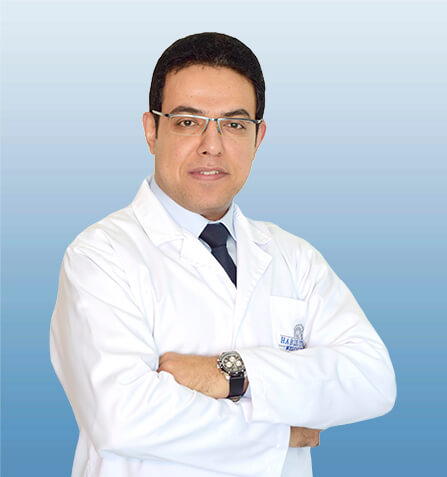
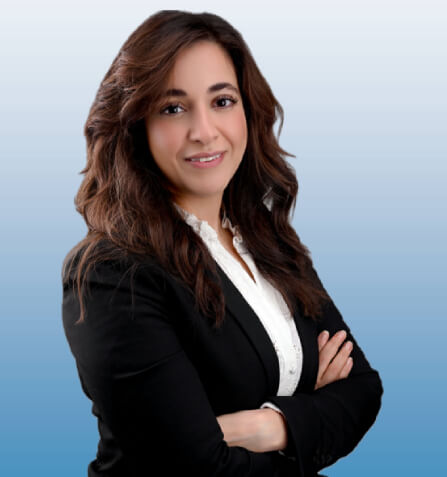


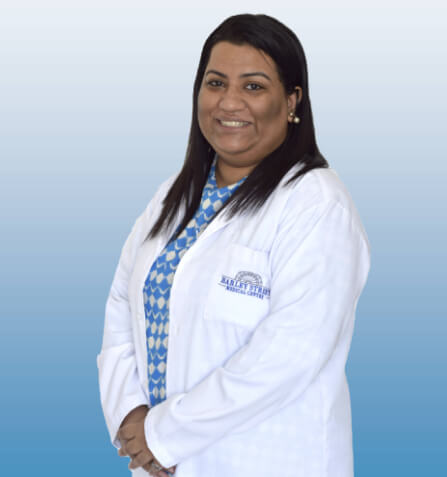
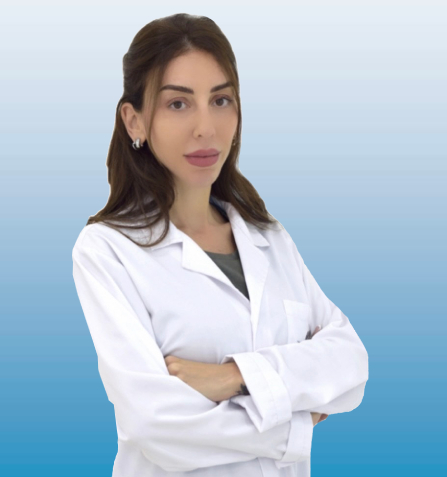
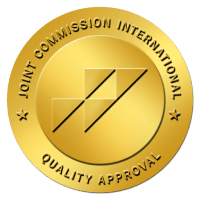
 أنقر هنا
أنقر هنا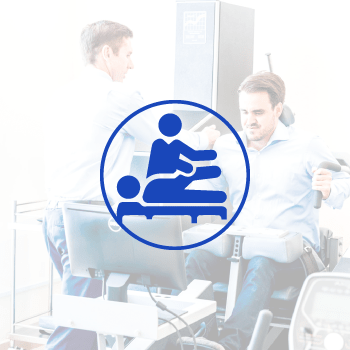 أنقر هنا
أنقر هنا